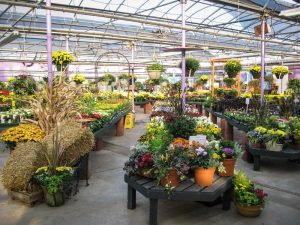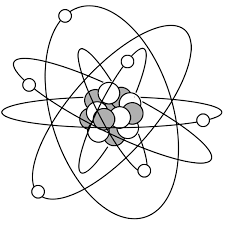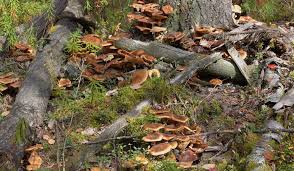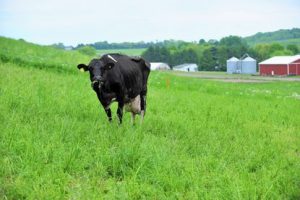organic definition
When you are at the store (and it doesn’t matter garden or grocery), ask yourself…


“This package says organic, but what organic definition does the manufacturer refer to? What does organic mean?”
Like many words in the English language, organic has more than one definition. This can leave things up to interpretation, muddying the waters for the poor consumer in the market aisle.
Even the certifying bodies for organic products have their own interpretation of what organic means. For this reason, it is a good idea to do some research into brands and their certifying bodies before heading out to the stores.
Adding to the confusion is when smaller brands with one interpretation, are bought by a larger brand with a…..different, interpretation. The only thing different on the package may be the little (usually green) logo on the back, and one ingredient.
Sneaky right?
Well here here are the three main organic definitions. It is a place to start.
A chemical definition:
“relating to, or containing carbon compounds” (Miriam Webster)

A biological definition:
“of, relating to, or derived from living organisms” (Miriam Webster)

A cultural definition:
“an ecological management system that promotes and enhances biodiversity, biological cycles and soil geological activity… a holistic approach which emphasizes the importance of relationships between living organisms and their environment”. (SOUL Organic Land Care Standard).

Every organic definition is valid.
It is a matter of interpretation, both by the manufacturer and the consumer. Sometimes, we may be fine with the definition being carbon based, because that is what we are looking for. However, when I’m buying my eggs, I am definitely looking more toward the cultural definition.